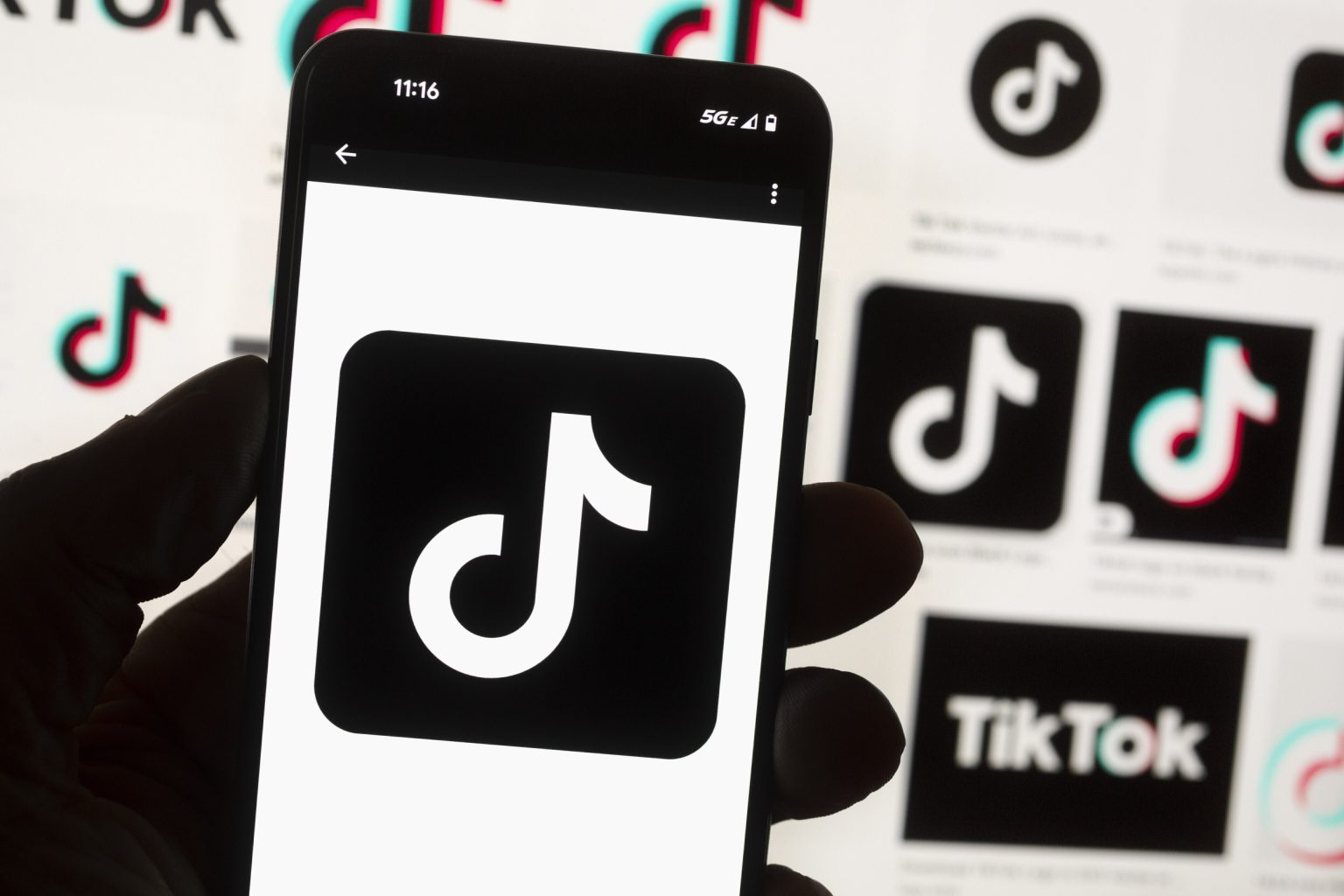The Albanian government, led by Prime Minister Edi Rama, has announced a one-year nationwide ban on the popular social media platform TikTok, a move sparked by a tragic incident involving teenage students and fueled by growing concerns about the platform’s influence on young people. This decision places Albania among a growing list of nations grappling with the complexities of regulating social media access, especially for children. The ban is set to be implemented in early 2025, and Albanian authorities plan to closely observe both TikTok’s response and the approaches taken by other countries before determining any further actions.
The impetus for the ban was the November stabbing death of a 14-year-old schoolboy by a fellow student. Reports suggest that arguments on social media preceded the incident, and videos circulating on TikTok showed minors expressing support for the brutal act. This tragedy, coupled with existing concerns about the pervasive nature of social media among Albanian youth – reportedly the largest user group in the country – prompted the government to take decisive action. In the aftermath of the incident, authorities engaged in extensive consultations, holding over 1,300 meetings with teachers and parents to address school safety. These discussions culminated in a series of protective measures, including increased police presence at schools, training programs, and enhanced parent cooperation. The TikTok ban emerged as a central component of this broader strategy to safeguard students and address the potential negative impacts of social media.
The Albanian government’s decision reflects a growing global trend towards regulating social media access, particularly for children and adolescents. Several European countries, including France, Germany, and Belgium, have already imposed restrictions on social media use by young people, recognizing the potential risks associated with online platforms. Australia has taken an even more stringent approach, enacting one of the world’s toughest regulations with a complete ban on social media for children under 16. These international examples underscore the increasing awareness of the need to balance freedom of expression with the protection of vulnerable populations from online harms.
The United States also finds itself embroiled in a complex legal battle concerning TikTok. A federal appeals court recently upheld a ban on the app, citing national security concerns. The case is now headed to the Supreme Court, which will hear arguments on January 10, 2025. The ban is scheduled to take effect on January 19, 2025, just one day before the inauguration of President-elect Donald Trump. This timing has added another layer of complexity to the situation, as Trump has hinted at potentially adopting a different approach towards TikTok, though specifics remain unclear. The Supreme Court faces a tight timeline, with mere days separating oral arguments and the ban’s effective date. TikTok, meanwhile, has urged the Court to block the ban, arguing that the incoming administration should have the opportunity to determine its own position on the matter.
The Albanian ban has generated a mixed response. Prime Minister Rama justified the decision by emphasizing the need to protect children from the potentially harmful influence of platforms like TikTok, asserting that these platforms are “taking our children hostage.” TikTok, in a December 6 statement, vehemently opposed the ban, characterizing it as “outright censorship of the American people” based on “inaccurate, flawed, and hypothetical information.” This statement highlights the ongoing debate surrounding the balance between national security concerns, freedom of expression, and the economic impact of such bans. Within Albania, criticism has also emerged from opposition figures, with Democratic Party lawmaker Ina Zhupa condemning the ban as a “grave act against freedom of speech and democracy.”
The future of TikTok in Albania, and indeed across the globe, remains uncertain. The Albanian government’s year-long ban will provide a testing ground for observing the platform’s response and the effectiveness of such measures. In the United States, the Supreme Court’s impending decision will have far-reaching consequences, shaping the legal landscape for social media regulation and potentially influencing the approaches taken by other countries. The interplay between national security concerns, freedom of expression, and the economic ramifications of these decisions will continue to be central to the ongoing debate. The evolving stances of governments and the responses of social media companies will ultimately determine the future access and influence of platforms like TikTok in the digital lives of young people worldwide.

